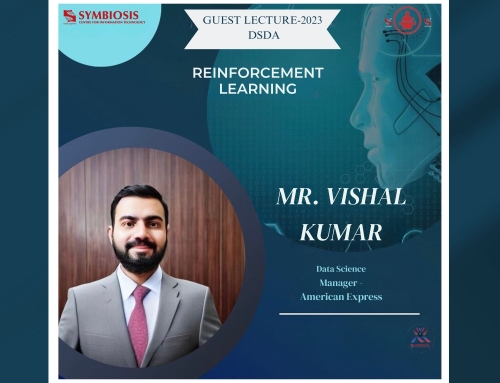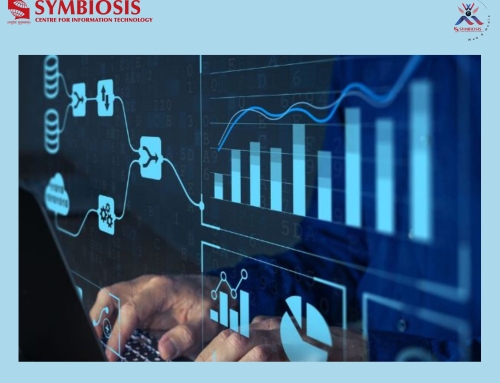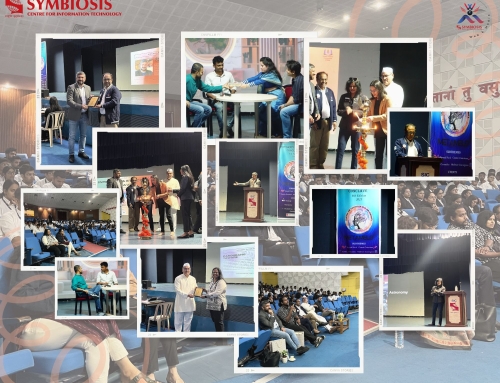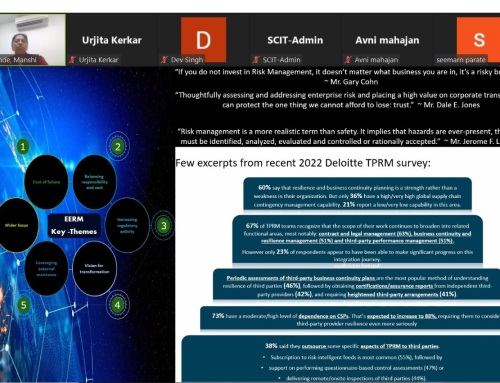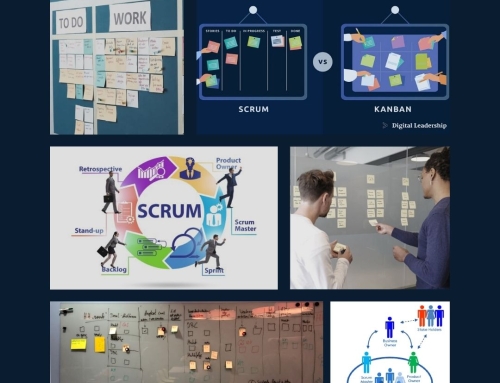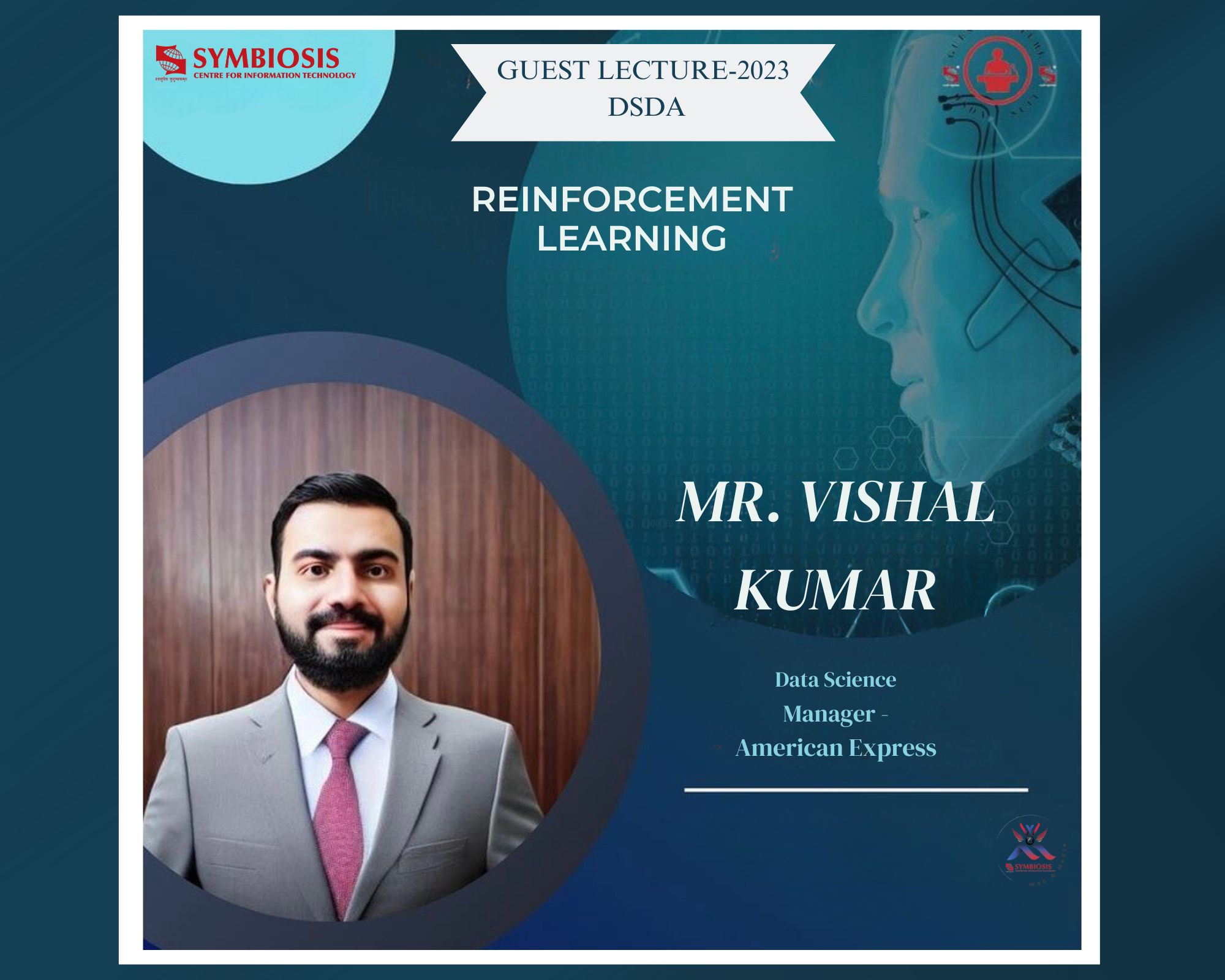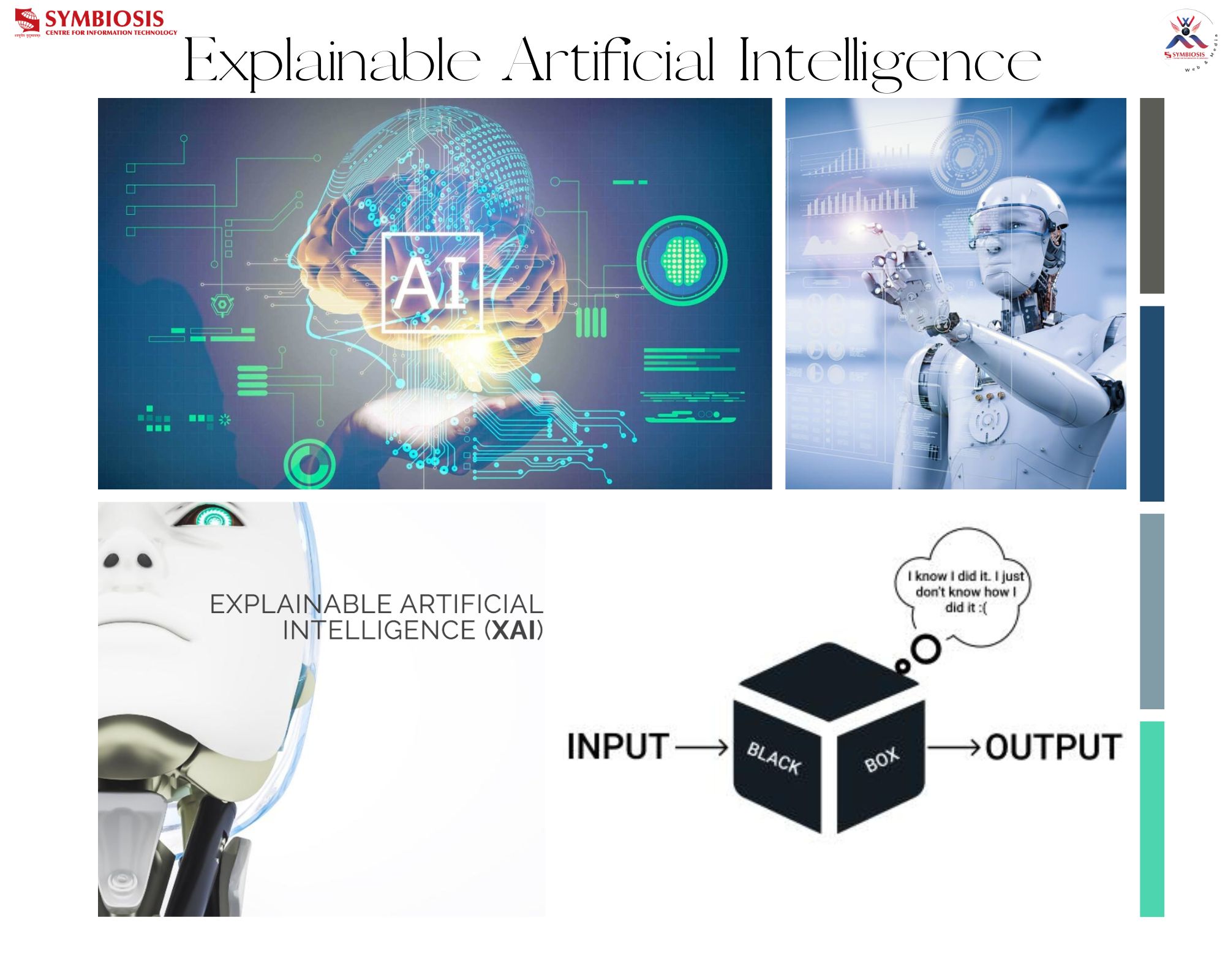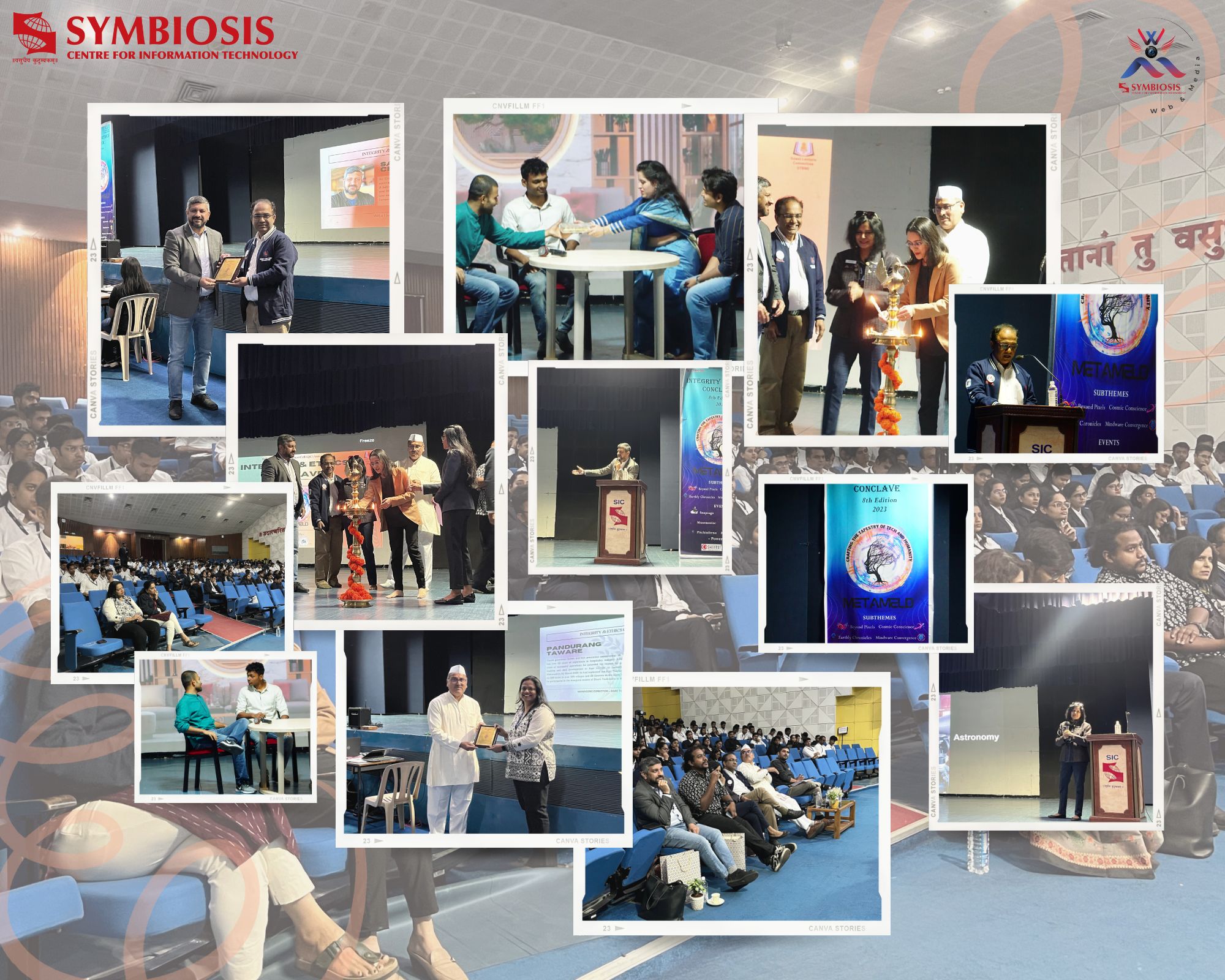Narcotics Its Problems & Symptoms

What is Narcotics and how it gave way to Drug abuse?
Narcotic Drugs and Psychotropic Substances have several medical and scientific uses, like narcotic, is a drug that is used to produce analgesia, a medicine for pain relief. It causes narcosis which means sleep, and addiction which is physical dependence on drugs. Some people get the feeling of elation by taking drugs. Opiates, a compound derived from opium is the best know narcotic. Opium is obtained in the form of milky juice extracted from the opium poppy seeds. Most important alkaloid found is morphine which is responsible for narcotic properties of the opium.
With the invention of syringe or needles, in the 19th century, allowed morphine administration through injections directly into the blood stream, this produced greater effect than taking the drugs orally. However, easy availability of injections and improper subscriptions by doctors led to problems like drug abuse. Many laws had to be introduced in different countries, in order to control the illegal use of drugs, but as the knowledge about narcotics drugs and its properties like euphoria grew among people, this led to illegal manufacturing, trafficking and consumption of the drugs.
Heroine, was developed from morphine in 1898, which was tried as a substitute for morphine, but it proved to be more addictive than morphine. This led to the search for synthetic substitutes and derivatives like meperidine (Demerol), methadone, and levorphanol (Levo-Dromoran).
With the increasing use of the drug, euphoria and relaxation, eventually gave way to drug tolerance and physical dependence on drugs. An overdose of narcotics can severely depress the central nervous system, with respiratory failure and death.
The most common types of drugs that people abuse fall into four categories: stimulants, depressants, hallucinogenic and opioids. While the effect of each group of drugs is different, all of them are harmful to your body. Drugs affect the way your body functions, but also, using drugs put you at risk of a fatal overdose. Drugs kill more people than alcohol-even though seven times more people use alcohol than use drugs.
Why People Experiment With Drugs?
People experiment with drugs for many different reasons. Many first try drugs out of curiosity, to have a good time, because friends are doing it, or to improve athletic performance or ease another problem, such as stress, anxiety, or depression. Use doesn’t automatically lead to abuse, and there is no specific level at which drug use moves from casual to problematic. It varies by individual. Drug abuse and addiction is less about the amount of substance consumed or the frequency, and more to do with the consequences of drug use. No matter how often or how little you’re consuming, if your drug use is causing problems in your life—at work, school, home, or in your relationships—you likely have a drug abuse or addiction problem.
Problems Caused by Addiction
Addiction is a complex disorder characterized by compulsive drug use. While each drug produces different physical effects, all abused substances share one thing in common: repeated use can alter the way the brain looks and functions. Taking a recreational drug causes a surge in levels of dopamine in your brain, which trigger feelings of pleasure. Your brain remembers these feelings and wants them repeated. If you become addicted, the substance takes on the same significance as other survival behaviours, such as eating and drinking. Changes in your brain interfere with your ability to think clearly, exercise good judgment, control your behaviour, and feel normal without drugs. The urge to use is so strong that your mind finds many ways to deny or rationalize the addiction. You may drastically underestimate the quantity of drugs you’re taking, how much it impacts your life, and the level of control you have over your drug use.
Warning Signs of Commonly Abused Drugs
Although different drugs have different physical effects, the symptoms of addiction are similar. See if you recognize yourself in the following signs and symptoms of substance abuse and addiction. If so, consider talking to someone about your drug use.
- Marijuana: Glassy, red eyes; loud talking, inappropriate laughter followed by sleepiness; loss of interest, motivation; weight gain or loss.
- Depressants (including Xanax, Valium, GHB): Contracted pupils; drunk-like; difficulty concentrating; clumsiness; poor judgment; slurred speech; sleepiness.
- Stimulants (including amphetamines, cocaine, crystal meth): Dilated pupils; hyperactivity; euphoria; irritability; anxiety; excessive talking followed by depression or excessive sleeping at odd times; may go long periods of time without eating or sleeping; weight loss; dry mouth and nose.
- Inhalants (glues, aerosols, vapors): Watery eyes; impaired vision, memory and thought; secretions from the nose or rashes around the nose and mouth; headaches and nausea; appearance of intoxication; drowsiness; poor muscle control; changes in appetite; anxiety; irritability; lots of cans/aerosols in the trash.
- Hallucinogens (LSD, PCP): Dilated pupils; bizarre and irrational behavior including paranoia, aggression, hallucinations; mood swings; detachment from people; absorption with self or other objects, slurred speech; confusion.
- Heroin: Contracted pupils; no response of pupils to light; needle marks; sleeping at unusual times; sweating; vomiting; coughing, sniffling; twitching; loss of appetite.
Role of Narcotic Control Bureau in tackling Drug Abuse
Every Year 26th of June is recognized as Anti- Drug day to create awareness about ill-effects of using drugs and caution people about drug abuse. NCB plays a vital role in tackling drug abuse by tackling problem on two fronts, Firstly, supply reduction: by reducing the supply of drugs, arrest of drug traffickers etc. and secondly, demand reduction which is to curtail demand of drugs in the society through awareness campaigns, etc.
Drug traffickers are always coming up with innovative and ingenious methods of trafficking, like distribution through “Online Pharmacies or Internet Pharmacies” wherein a person sitting in one corner of the world can place an order, purchase drugs and can get drugs from any corner of the world. All these transactions have electronic traces, they are easily tracked and produced in court of law. Police has to keep up with technology and always have to think with trafficker mind to catch them and reduce the illegal supply. They also need to check the amount of drugs being prescribed to patients and check the proper disposal of syringes.
It is very important to understand that it damages the individual and the society very silently. This “silent terrorism” of drug abuse destroys mankind hence it is better to say “No to Drugs” for the first time and every other time.
Jayesh Singal (MBA ITBM)
References:
Interview by DNA of Vijay Kumar IPS, Deputy Director General, Narcotics Control Bureau, Mumbai.
Encyclopaedia Britannica



